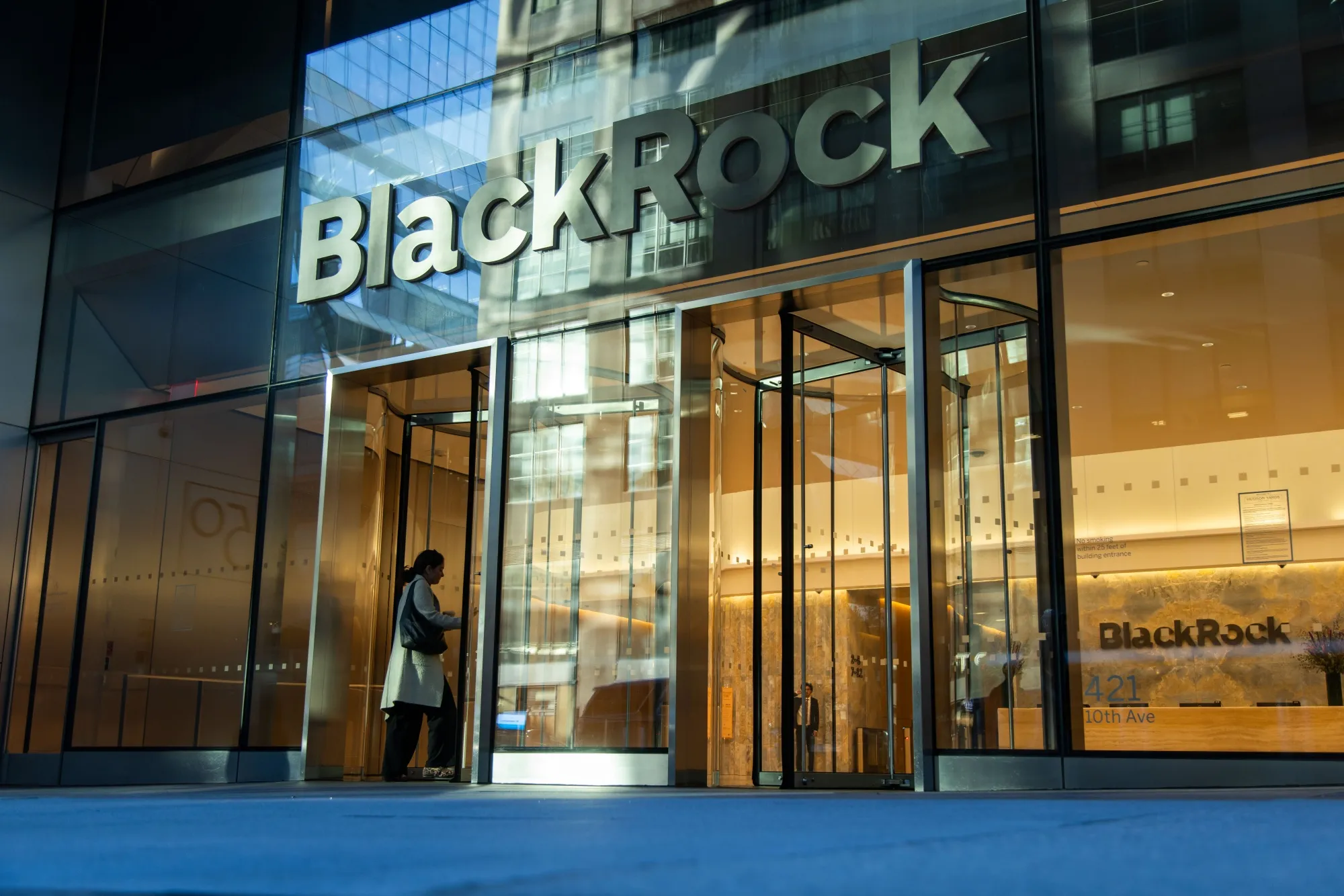Calls for genuine corporate responsibility efforts have been high on the agenda for some time, but the pandemic — and its wide-ranging impact on all organisations, including investors — has exposed the urgent need for businesses to address just how sustainable their operations really are.
Last week, the pressure on investors increased further as ESG disclosure obligations under the EU Sustainable Finance Disclosure Regulation (SFDR) became mandatory for asset managers, VCs, private banks and other financial market players.
The increasing focus on sustainable investing is welcome, and mandatory ESG disclosure can be a useful tool in supporting organisations to prioritise both profit and corporate responsibility at the same time. But to really be successful, we need to move on from the thinking that ESG is enough.
Going beyond ESG in VC
Last year, at Seventure Partners, we decided to expand our sustainability reporting and introduced the UN Sustainability Development Goals (SDGs) as a new benchmark for our and our portfolio companies’ operations, as well as a framework for determining deal flow.
We'll continue with ESG reporting to stay in line with regulatory requirements, but we believe that from a commercial point of view, the SDGs are a more appropriate standard that should be embraced by the wider VC sector.
ESG frameworks allow investors to assess a company's performance on environment, social and governance factors, but they don't provide any guidance beyond that.
The 17 SDGs, and their related targets, however, give clear guidance on what a sustainable future should look like. They are more pragmatic than ESG metrics, because they have tangible, easy-to-understand targets. For example, due to the nature of our funds at Seventure, we focus on Good Health and Wellbeing (Goal 3), but for our investments in the food sector, the second goal of ending hunger and malnutrition is also of key importance.
Evaluation against the SDGs can pinpoint which businesses have long-term sustainability potential and validate companies that they are indeed on the right path. While we don’t exclude investments based on the SDGs, we do make sure that all our investments address at least one goal.
The SDGs provide straightforward, self-explanatory, quantitative evaluation criteria, and are easy-to-use tools for proving real, sustainable improvement. It’s also a single framework — compared to the multitude of ESG frameworks that are being developed. By using one set of commonly accepted targets, comparison between businesses will be easier and will provide a clearer understanding of their impact.
A common language for sustainability
As VCs, we primarily work with small and medium sized companies, which often lack the expertise and experience required for a thorough ESG evaluation. The SDGs provide a simple and less time-consuming evaluation method compared to ESG. We encourage our own portfolio companies to communicate their sustainability objectives and achievements through the SDGs as a clear-cut and easy-to-understand metric that can be understood by a wide range of audiences.
VC portfolio companies are highly innovative, move fast and have the power to reshape their respective industries. But even within sectors where positive impacts are widely understood — such as e-mobility, health and nutrition — the SDGs provide a more straightforward way to communicate the potential scale of their impact.
For startups, being able to clearly define and articulate this potential can be essential for successful fundraising — and the SDGs are likely to be far more widely understood than the specific ESG framework of one of their investors.
ESG schemes do a great job at encouraging companies to incorporate sustainability into their operations, but in the long term it's SDG targets that will provide a common language for discussing sustainability and communicating impact.



